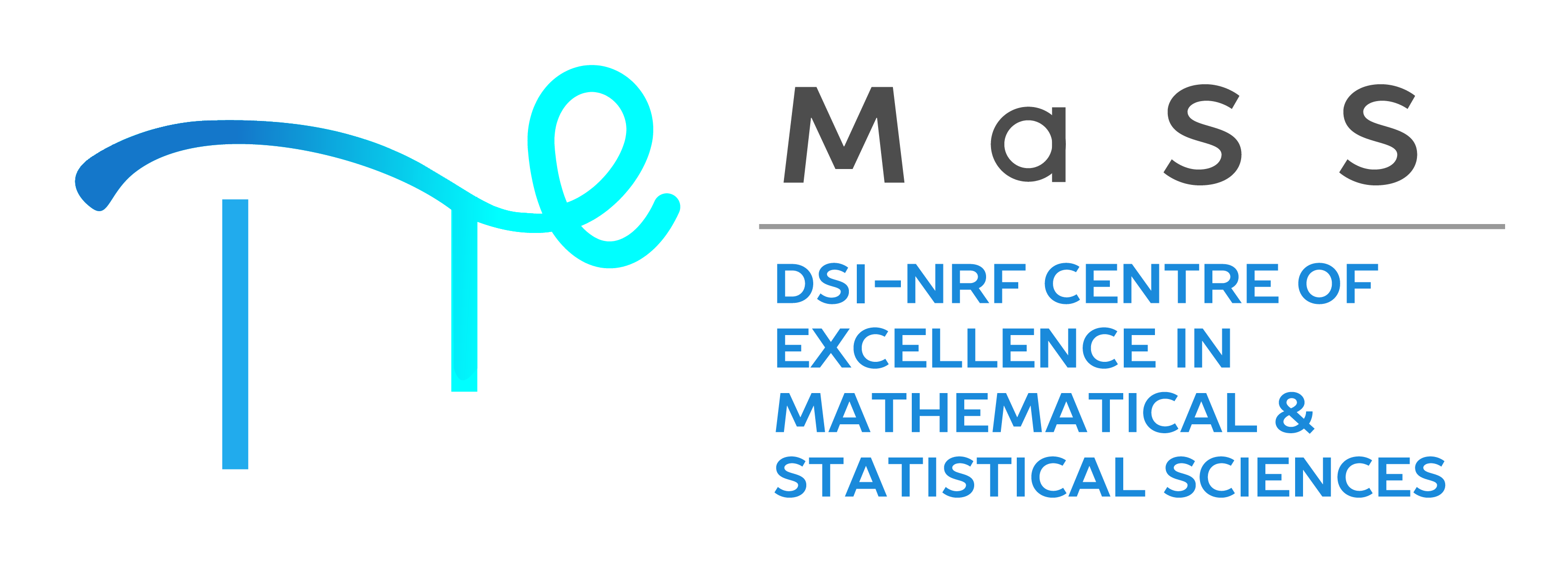Plenary Speakers

Prof Zingiswa Jojo (University of South Africa)
Talk title: Pedagogical practices in integration of IKS in teaching and learning geometryFor geometry proficiency, visualization for the heuristic exploration of complex situations, modelling, and reasoning, which are the processes that lead to proof and explanation, are necessary for cognitive understanding in mathematics. The knowledge of basic concepts in geometry is crucial for the visualisation and comprehension of properties of geometrical figures. This paper reports on how learners in disadvantaged communities improved their understanding of geometric concepts when they used indigenous materials. From a variation and van Hieles' theoretical perspective, the paper responds to the question: What are the pedagogical practices in integration of IKS in the teaching and learning of mathematics? Results indicated that in cooperative social environments the use of indigenous knowledge and tools assist the learners to develop a particular type of thought to understand, describe, and represent, objects found in their proximity. Furthermore, as they observe, and imitate each other, they subsequently develop higher mental skills.
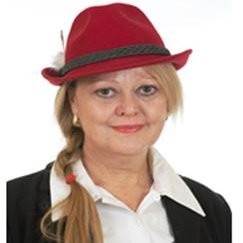
Prof Betsie Jonck (University of the Witwatersrand)
Talk title: Packing colorings of graphsConsider a graph \(G(V, E)\). A function \(\pi:V\rightarrow\{1, \ldots, k\}\) is a packing coloring of order \(k\) if \(\pi(u) = \pi(v)\) implies the distance between \(u\) and \(v\) is more than \(\pi(u)\). The minimum number of colors with which the vertices of a graph \(G\) can be packing colored is called the packing chromatic number of \(G\), denoted by \(\chi_\rho(G)\). We will discuss the packing chromatic number of various graphs with emphasis on the upper bound and the lower bound of the packing chromatic number of the 2- dimensional infinite square lattice/grid. A discussion of the packing chromatic number of the torus will follow. A comparison will be made between the packing chromatic numbers of the grid and the torus.
References
[1] A survey on packing colorings, B Bresar, J Ferme, S Klavzar, D F Rall, Discussiones Mathematicae Graph Theory 40, 2020, 923-970
Betsie did her undergraduate studies at UP; her graduate Studies at UJ (RAU). She taught at High School Die Fakkel (1980 – 1992) and was a lecturer/senior lecturer and associate professor at UJ (RAU) (1993 – 2016). From 2016 until now, she is employed at Wits. Betsie was HoS/Deputy HoS of Mathematics at UJ and then at Wits (18 years in total). She became full professor in March 2019.
Betsie published 23 ISI articles, supervised/co-supervised to completion 7 doctoral and 15 masters students. She presented at 32 conferences, here and overseas. She externals for universities and evaluated 7 times other schools/departments of mathematics at universities in the country.
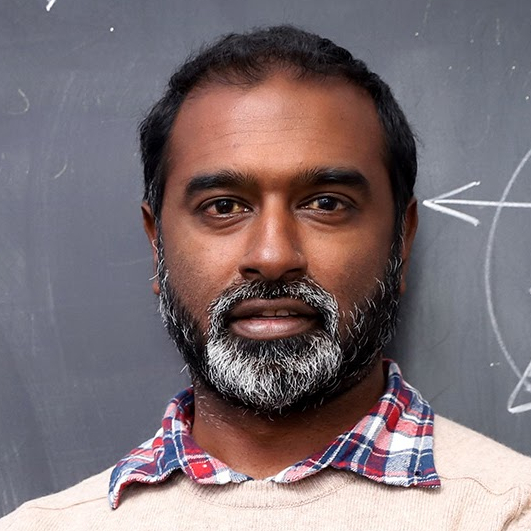
Prof Jeff Murugan (University of Cape Town)
Talk title: Topological Data Analysis - a new tool from old ideasTopological Data Analysis (TDA) is a novel, and relatively new approach to analysing high-dimensional data sets. It does this by fo- cussing on global properties like the shape and connectivity of the data giving it a significant advantage over more conventional tools based on cluster analysis, a localised property of the data. However, some of its mathematical foundations, like algebraic topology and discrete Morse theory, are perceived as an intimidatingly steep upramp into the subject. Consequently, it has enjoyed much less popularity as a data-analysis tool than less abstract methods. This talk will give an introduction to this fascinating subject by focusing on a small set of simple examples, chosen primarily for their pedagogical value. I will illustrate the universality of the method by discussing two applications: 1. to the intriguing data set of fast radio burst (FRB) observations in astrophysics and 2. to the study of quantum phase transitions in condensed matter physics.
Jeff Murugan is Professor of Mathematical Physics at the University of Cape Town (UCT). Prof Murugan was a postdoctoral fellow in Brown University's High Energy Theory group, a member of the School of Natural Sciences of the Institute for Advanced Study in Princeton, a Research Associate in the Division of Physical Sciences at the American Museum of Natural History in New York, and a Simons Associate at the International Center for Theoretical Physics in Trieste. A String Theorist by training, his work currently lies at the nexus of quantum information and quantum matter where he is one of the co-discoverers of the 3-dimensional web of dualities and, together with Douglas Stanford and Edward Witten, is in the MSW class of disordered conformal field theories. He is also the recipient of UCT's Distinguished Teacher Award for 2018.
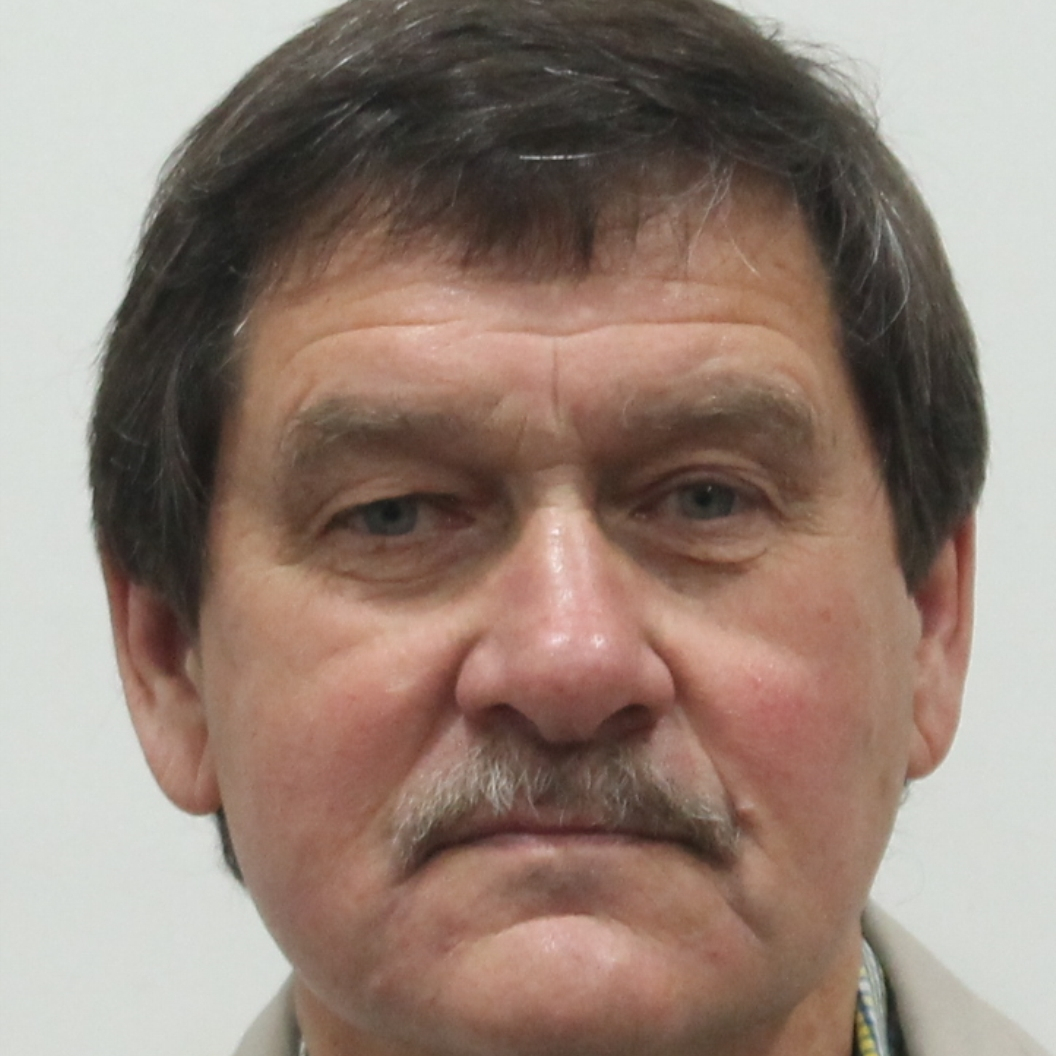
Prof Stefan Veldsman
(Nelson Mandela University and La Trobe University)
Talk title: Congruences in non-algebraic settings
A congruence is a fundamental and essential tool in algebra. It will be shown that a congruence can also be defined for non-algebraic mathematical objects, leading to the natural counterparts of the algebraic isomorphism theorems, subdirect products and Birkhoff's Theorem. In particular, this theory of non-algebraic congruences provides the last missing piece of the puzzle that completes the full correspondence between the radical theory of algebraic structures and the theory of connectednesses and disconnectednesses of topological spaces and graphs. However, as we shall see, it also brought some unexpected differences between the algebraic and the non- algebraic radical theories to the fore.
Stefan Veldsman started his academic career in 1977 as a junior lecturer at the University of Port Elizabeth (now called Nelson Mandela University). With a life in academia, he held teaching and research positions at the University of Port Elizabeth, the Rand Afrikaans University (now the University of Johannesburg), Sultan Qaboos University (in Muscat, Oman) and a short term visiting professor position at the Technical University in Vienna. In September 2019, he retired from the Nelson Mandela University where he is now Emeritus Professor. Since January 2020 he is also an Honorary Research Fellow at the School of Engineering and Mathematical Sciences, La Trobe University (Melbourne).
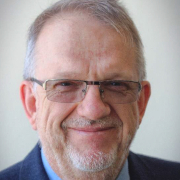
Prof André Weideman (Stellenbosch University)
Talk title: Blow-up in nonlinear heat equations: before, at, and afterThe blow-up phenomenon in nonlinear evolution equations has been an active area of research for decades. In this talk we focus on a nonlinear diffusion equation, one which exhibits a point blow-up in finite time. One can distinguish the three stages of the evolution as before blow-up, at blow-up, and post blow-up. Much is known about the first, less about the second, and very little about the third. We discuss the various methods that can be brought to bear on each of these stages, including analytical appproximation methods such as perturbation theory as well as numerical approximation methods. (Joint work with Marco Fasondini and John King.)


